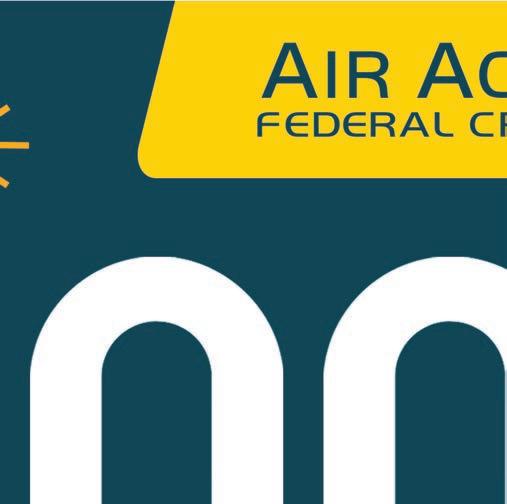
1 minute read
READING
e district is investing in the change due to a 2019 law that requires kindergarten through third grade reading curricula to be science and evidence based.
Previously, districts were able to pick any reading curriculum and they weren’t required to have one. Vincent said that resulted in teachers and schools on di ering pages, sometimes resulting in confused students and unsure teachers.
She doesn’t have that problem with Wonders.
“We know without a doubt that we’re doing what we should be doing to help our kids reach those Colorado Academic Standards,” Vincent said. “When our kids take CMAS a lot of those questions will be seamless for them … so it’s not as nerve wracking for our kids because they’ve already been exposed to that level of instruction.”



Some of the other positive highlights of Wonders is that it o ers better alignment across grades so it’s easier for students to build on what they learned in previous years, as well as multiple options for students across reading capabilities, Vincent said.

“So you’re taking the same concepts but then adjusting them to where kids are at in terms of their reading level and that has been a really big game changer for my two opposite ends of the spectrum,” she said.
At the Jan. 10 school board meeting, member Mike Peterson got teary while praising the work of the pilot schools and talking about district-wide implementation.
“I could not be happier with the focus of the district and looking at some of those charts, where we are coming out of the learning loss we had during covid is just exemplary,” Peterson said.








